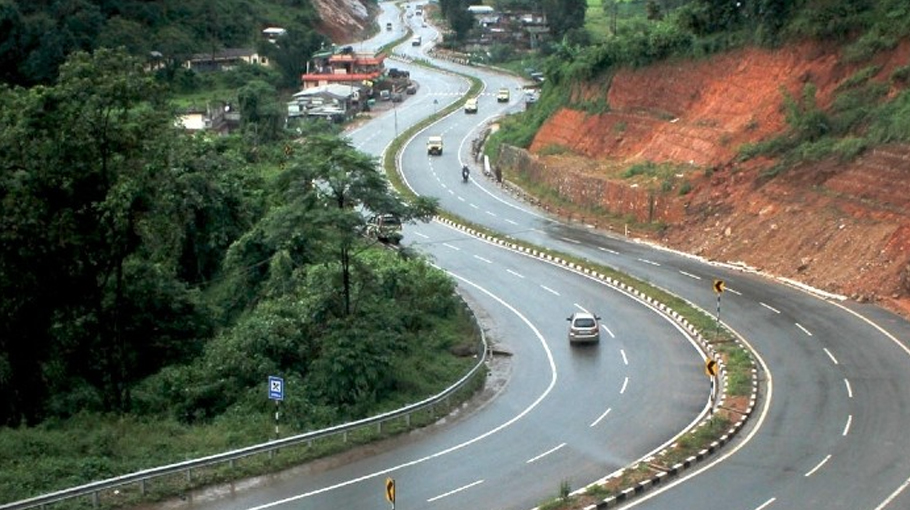NH-208 project to benefit Tripura, Assam, Meghalaya, Bangladesh

The Indian government has greenlighted an ambitious infrastructure project to revamp and expand a critical 135 km road stretch of NH-208 from Khowai to Harina in Tripura.
The project was approved at a meeting of the Cabinet Committee on Economic Affairs (CCEA) chaired by Prime Minister Narendra Modi on Wednesday (December 27, 2023).
Envisaging the improvement and widening of a section of National Highway 208, this ambitious project spans from Khowai at kilometre 101.300 to Harina at kilometre 236.213, covering a total distance of 134.913 kilometres.
The project involves an investment of INR 2,486.78 crore, a significant portion of which, amounting to INR 1,511.70 crore (JPY 23,129 million), will be financed through a loan from the Japan International Cooperation Agency (JICA). This funding is part of the Official Development Assistance (ODA) scheme, reflecting a robust collaboration between India and Japan in developmental projects.
This initiative is an infrastructural upgrade aligned with the wider strategic endeavour to enhance interstate connectivity, particularly between Tripura and its neighbouring states Assam and Meghalaya. This development is expected to serve as an alternative route to the existing National Highway 8, thereby easing transit and ensuring safer travel.
Moreover, the project's proximity to the Bangladesh border holds potential to bolster connectivity with Bangladesh, particularly through the Kailashahar, Kamalpur, and Khowai Border Check Posts.
With this enhanced connectivity, the project is set to streamline cross-border transportation, facilitating easier and more efficient movement of goods and services. This improved infrastructure is expected to reduce transit times and costs, making trade more viable and attractive for businesses on both sides of the border.
India and Bangladesh share a resilient trading relationship, with bilateral trade valued at approximately USD 10.46 billion in the fiscal year 2020-2021. India's exports to Bangladesh in this period amounted to about USD 9.69 billion, while imports were around USD 0.77 billion.
The CCEA move aims to enhance these figures with the refined connectivity, as it will provide a more direct and accessible route for the transportation of key commodities such as cotton, mineral fuels, and machinery from India, and textiles, agricultural products, and fish from Bangladesh.
Furthermore, the project aligns with the broader goals of the Bangladesh-Bhutan-India-Nepal (BBIN) Motor Vehicles Agreement, which aims to facilitate seamless movement of passenger and cargo vehicles across borders in the region.
The enhanced NH-208 intends to impact tourist destinations such as the Ujjayanta Palace and Neermahal, where various wildlife sanctuaries are expected to become more accessible, aiming to increase tourist inflow by 15-20%.
The objective is to create a revenue spike of approximately ₹100 crores annually, providing a substantial boost to the local economy and creating new employment
opportunities.




